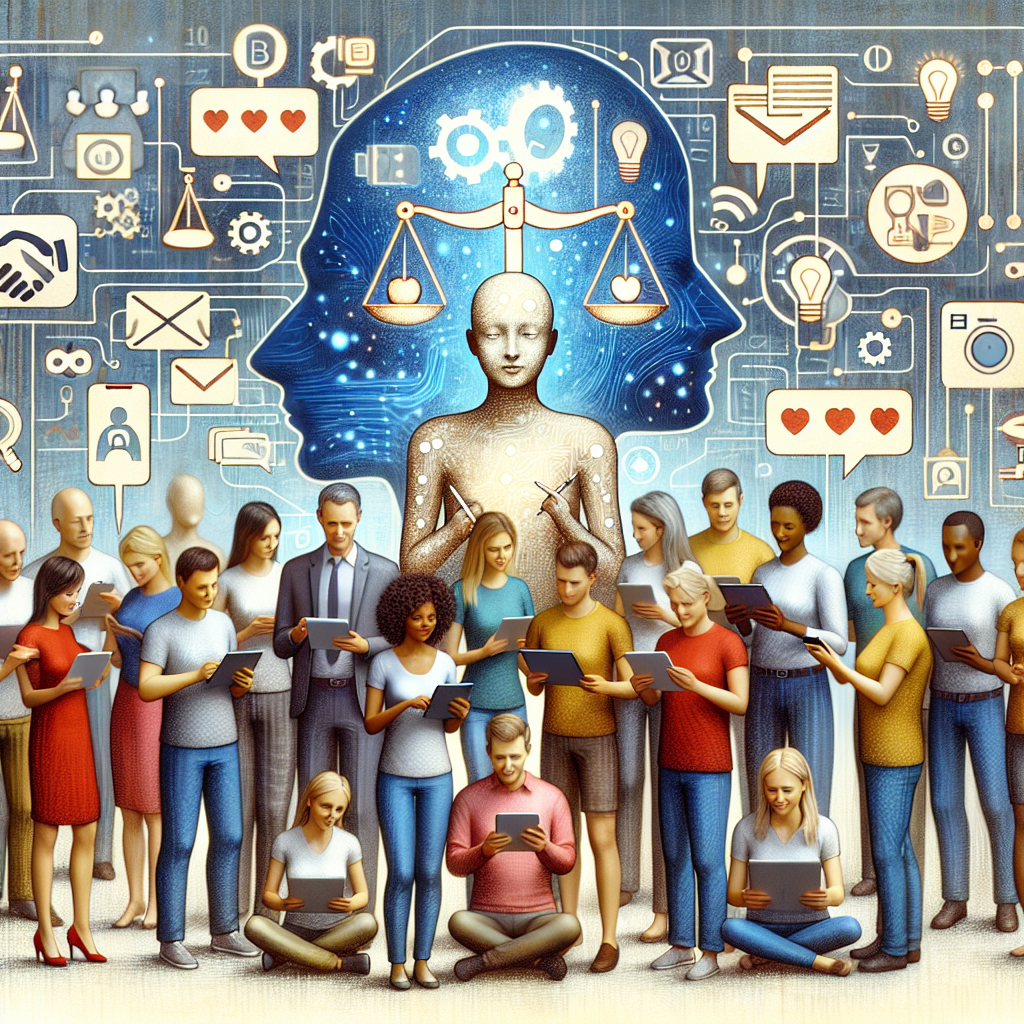In an unexpected move that has riled developers and stakeholders, Anthropic has reduced the access rate to its AI language model, Claude, citing reasons linked to “infrastructure limits and quality control measures.” This decision has introduced stringent rate limits unexpectedly, a situation that was first reported by VentureBeat in an article titled “Anthropic throttles Claude rate limits, devs call foul.” The new constraints have effectively put brakes on the rate at which interactions can be made with the AI, impacting developers who are engaged in testing and deploying applications based on Claude’s technology.
The sudden throttling has raised significant concerns among the developers community, who argue that the lack of prior notice and the absence of a clear rationale from Anthropic has put their projects in jeopardy. Many had structured their developments and pilot projects around expected performance benchmarks and availability assured by Claude, and these constraints could potentially delay project timelines and increase operational costs.
Anthropic, on the other hand, has justified its decision as a necessary measure to maintain system integrity and ensure equitable access across its user base. In communications cited by developers, the company has emphasized its need to impose such controls to prevent strain on its systems, which, if unchecked, might lead to broader disruptions affecting all users. This tension highlights a critical challenge in the AI field, where the balance between innovation, commercial use, and infrastructure capability is continuously tested.
This issue also raises deeper questions about dependency on proprietary AI models and the potential impact on innovation in the tech industry. As companies like Anthropic become gatekeepers of novel AI technologies, developers and enterprises may become wary of investing heavily in platforms where terms can shift suddenly and without precedent. It underscores the importance of transparency and communication between AI technology providers and their user communities, both for building trust and for fostering a stable development environment.
Furthermore, this situation illustrates a possible shift in the operational model for AI as a service; where demand surges for certain AI capabilities, providers may be compelled to implement controls that could stifle or redirect the course of development work predicated on these technologies. For the broader AI market and its stakeholders, this could mean recalibrating expectations and developing strategies that are resilient to such shifts.
As tensions simmer between Anthropic and its developer community, the incident also serves as a harbinger for similar disputes that may emerge as other AI technologies come to market. The resolution of this conflict could set precedents in terms of how AI service disruptions are handled, prompting both AI providers and developers to revisit the fine print of their service level agreements and perhaps advocate for more robust industry standards on access and resource allocation in AI development spaces.
In conclusion, while developers are keen on exploring and harnessing the capabilities of AI like Claude, they are also calling for greater predictability and transparency from service providers. The outcome of such disputes will likely influence not just the operational strategies of AI developers, but could also guide future policies and standards governing AI development and deployment across the industry.



